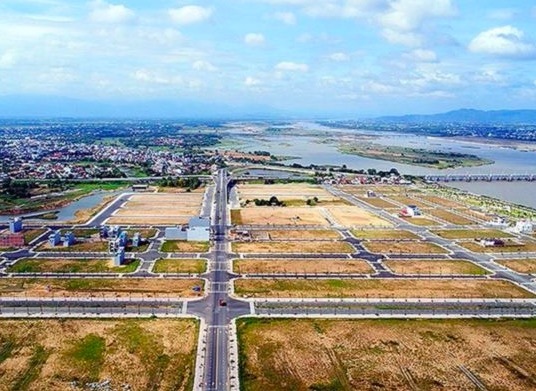Policies aim to boost rental housing
Policies aim to boost rental housing
Residential developers will likely be required to set aside at least 10 per cent of their projects to build apartments for rent if a draft decree from the Ministry of Construction is approved by the Government.
The Law on Housing enacted in 2005 encourages organisations and individuals of all economic sectors to participate in investment of houses for sale, lease, rent or purchase.
This would satisfy the housing demands of low-income earners and people of different socio-economic strata.
In recent years, most enterprises have invested in building houses for sale, not for rent, in order to quickly collect capital.
As a result, according to the Ministry of Construction's data, the number of houses for lease is equal to only 6.3 per cent of that of house owners.
In HCM City, the ratio is 19 per cent and in Ha Noi, 14 per cent, while between 4 and 6 per cent are in towns classified by the Government as first-grade.
To increase the house-for-lease ratio, the ministry recently submitted a draft decree to the Government for consideration.
Under the draft, owners of projects covering over 10 ha will have to set aside at least 20 per cent of the land to build social housing and a certain area to build houses for rent.
For projects covering an area of less than 10 ha, projects owners are required to set aside 10 per cent of land for building houses for lease.
For major cities including Ha Noi, HCM City and Da Nang, the requirement will be 15 per cent.
Ministry experts said that more rental housing was needed for residents who need a stable place for living. This would have the added benefit of contributing to social welfare policies.
The new decree is expected to help realise the targets set in the national housing development strategy for 2020, with a vision for 2030, approved by the Prime Minister.
Targets include increasing the ratio of rental houses to 20 per cent by 2020 and 30 per cent by 2030.
To encourage enterprises to participate in building rental houses, the ministry has proposed to the Government to allow developers to enjoy preferential treatment such as exemption of land-use fees, exemption and reduction of income tax from rental activities, and access to soft loans from the Viet Nam Development Bank, Housing Development Funds and Housing Saving Fund.
In addition, the ministry has proposed that developers of rental housing have their land-use coefficiency raised by 1.3 per cent, compared with the current regulation.
Owners of rental housing would be permitted to sell their houses after 10 years of use.
According to the draft decrees, capital to be used for development of rental housing will be raised from the State budget or from enterprises that will participate in rental housing projects in the free market and without the government's preferential treatment.
The decree also states that apartments for rent invested in by the State must have a floor area of at least 30sq.m and a maximum of 60sq.m.
Rental houses built by private companies with State preferential treatment must have a floor area of at least 25sq.m to 70sq.m.
Rental houses built under the market and without State preferences are required to have a floor area of 25sq.m each.
The ministry will establish rental prices and adjust them if necessary, according to the decree.
Minister Trinh Dinh Dung said that Government policies had previously focused on rental housing projects for workers at industrial parks and students, but that it was now necessary to build more rentals to meet the high demand from the public.
vietnamnews


















